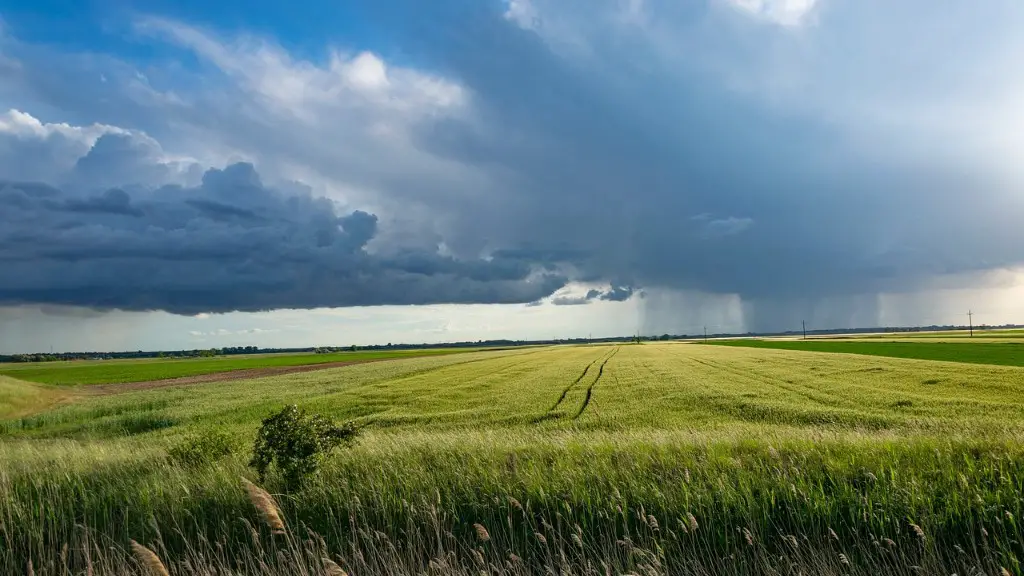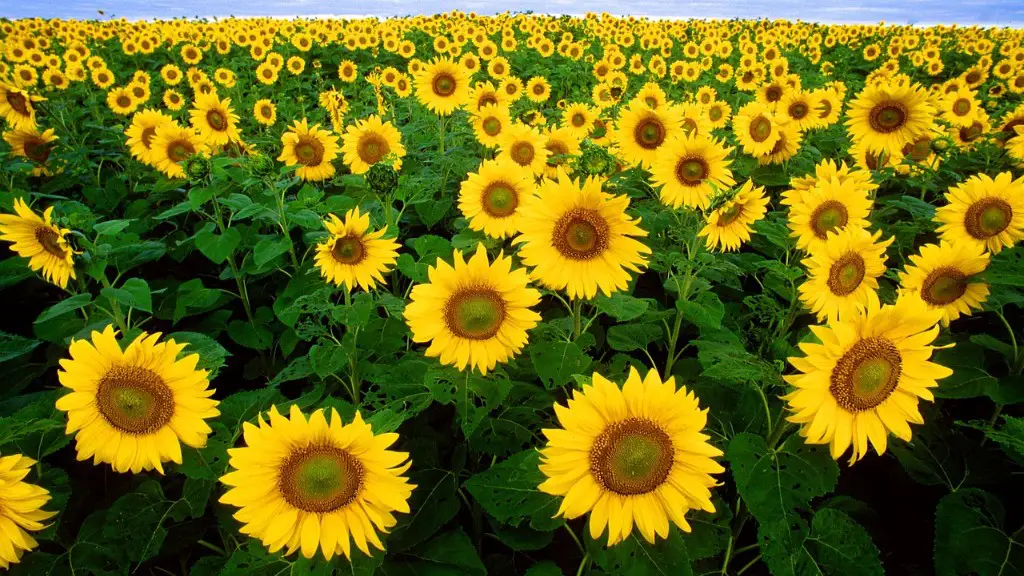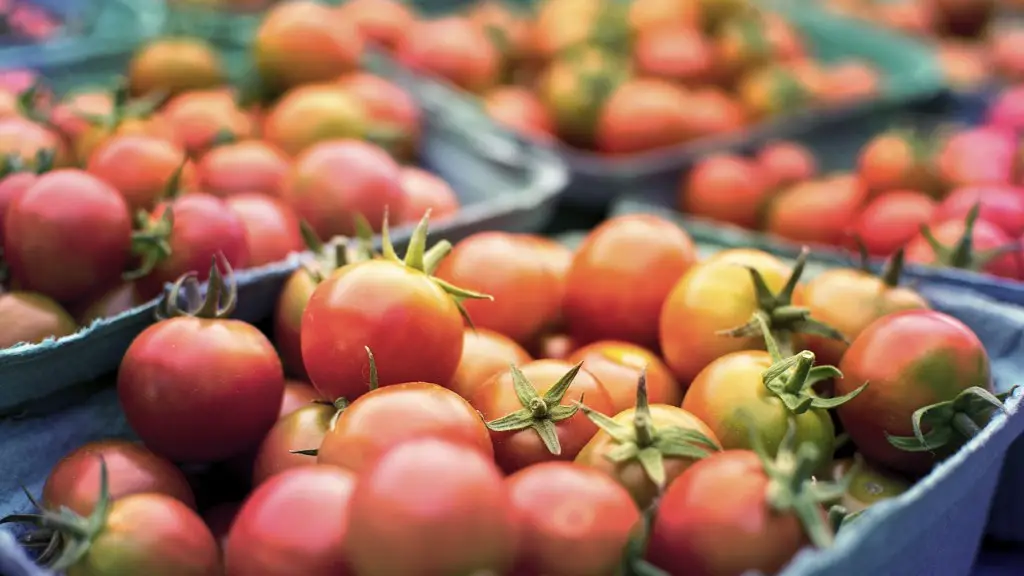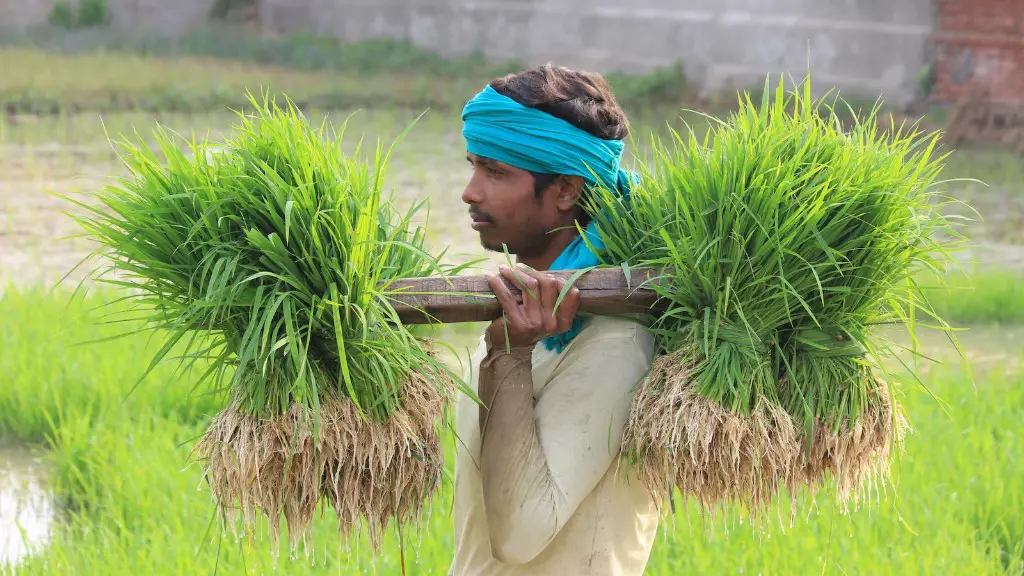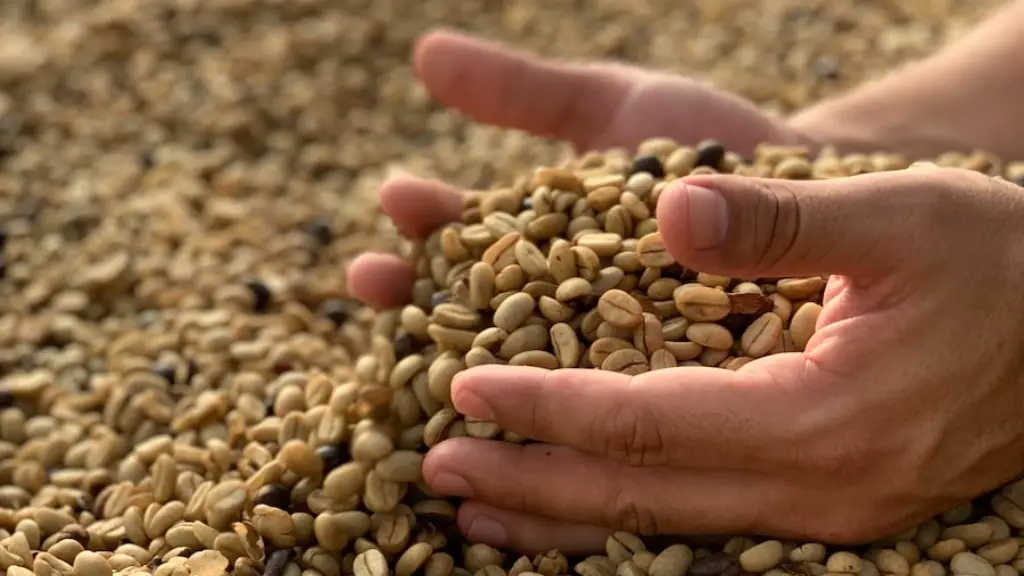NPK stands for nitrogen, phosphorus, and potassium. These are three of the most important nutrients that plants need to grow. Nitrogen is responsible for healthy leaves and green growth, phosphorus helps with root growth and flower production, and potassium helps with fruit and vegetable production.
N-P-K stands for nitrogen, phosphorus, and potassium, and these are the three main nutrients that plants need to grow. Nitrogen is responsible for growth and greening, phosphorus is responsible for root development and flowering, and potassium is responsible for fruit and vegetable production.
What does NPK mean in fertilizer?
The N-PK ratio is an important factor to consider when choosing a fertilizer for your plants. The ratio will determine the proportions of each of the three nutrients in the fertilizer. Nitrogen is important for plant growth, phosphorus is important for root development, and potassium is important for fruit and flower production. Choose a fertilizer with an N-PK ratio that is appropriate for the type of plants you are growing.
The K in NPK stands for potassium, which is a key nutrient for plants. Potassium promotes the overall vigor of plants, helping them to make carbohydrates and to resist disease. It also helps to regulate metabolic activities. Plants that are low in potassium may be stunted and have lower yields.
What is NPK and why is it very important
NPK is an essential element in soil that helps with crop growth. Areas deficient in phosphorus will often have weak plants that are prone to wilting and discoloration. In order to have a bountiful crop, it is important to make sure that your soil has the proper amount of NPK.
When it comes to NPK fertilizer ratios, the general rule of thumb for flowering plants is a 3-1-2 ratio of nitrogen to phosphorus to potassium. However, it’s always best to check the label of the fertilizer you’re using to make sure that it’s close to this ideal ratio.
Does NPK fertilizer harm the soil?
NPK fertilizers can have a negative impact on trees’ root systems, preventing the uptake of micronutrients and leading to attack from harmful pests. In addition, they can pollute waterways and cause a host of other problems for plants.
This fertilizer is a great choice for vegetable gardens, as it provides a balanced mix of nutrients that will help plants grow and thrive at all stages of their development. Apply it according to the directions on the package, and your plants will love you for it!
What will happen if plants lack NPK?
Plants need nutrients to grow properly. When they don’t get enough of a particular nutrient, they may display deficiency symptoms. These can include stunted growth, yellowing leaves, and reduced fruit or flower production. In severe cases, nutrient deficiency can kill plants.
There are three primary nutrients that plants need in order to thrive: nitrogen (N), phosphorus (P), and potassium (K). These are often referred to as NPK. If a plant is lacking in one or more of these nutrients, it may display symptoms of NPK deficiency. These can include yellowing leaves, slow growth, and poor plant health.
If you suspect that your plant is suffering from a nutrient deficiency, you can try fertilizing it with a product that contains the missing nutrient. You can also try adding compost or other organic matter to your soil, as this can help to improve its nutrient content.
There are three main types of fertilizers: soluble, granular, and slow-release. Soluble fertilizers are applied every two weeks during the growing season. Granular fertilizers are generally applied every six to eight weeks. Slow-release fertilizers work for months, so one application is generally all that is needed for a growing season.
What are the disadvantages of NPK fertilizer
While N-P-K fertilizers are essential for plant growth, they lack secondary and trace elements that are also necessary for plant health. Continued use of N-P-K fertilizers can result in deficiencies of important nutrients like calcium, sulfur, magnesium, and trace elements. It’s important to use a fertilizer that contains all of the necessary nutrients for plant growth to avoid these deficiencies.
Fertilizers are important for crops and gardens as they provide essential nutrients for plants to grow. There are three main classes of fertilizers: nitrate fertilizers, phosphorus fertilizers, and potassium fertilizers.
Nitrate fertilizers are nitrogen-based fertilizers, which are the largest and most important group. Nitrate fertilizers take several steps to make.
Phosphorus fertilizers are made from phosphate rock, a mined ore. Phosphorus fertilizers are important for plant growth and development.
Potassium fertilizers are important for plant metabolism and help to regulate water uptake by plants.
What happens if there is too much NPK?
Excess nitrogen in the environment can lead to problems for plants. They may grow excessively and develop overly succulent leaves and shoots, which promotes outbreaks of certain sucking insects and mites. Additionally, fruiting plants may produce relatively more foliage, reducing their fruit production and delaying fruit maturity.
Nitrogen does not stay in soil beyond 36-48 hrs. This means that it is essential to replenish the soil with nitrogen on a regular basis in order to maintain healthy plant growth.
How much NPK do you need for 1 acre
The above mentioned quantities of nitrogen and phosphorus are sufficient for agricultural land. However, potash is only necessary when there is a lack of this nutrient.
Both phosphorus and potassium play important roles in plant growth and development. Phosphorus promotes root growth and flowering, while potassium promotes overall vigor and fruit ripening. Both elements are essential for disease resistance. Potassium is mobile within the plant, so it is important to keep up with levels in the soil. Phosphorus is relatively immobile, so it is important to apply it before planting.
Is 10-10-10 a good fertilizer for lawns?
10-10-10 fertilizer is an excellent option for gardeners looking to improve the quality of their soil or give their plants a boost. The fertilizer is easy to use and can be applied in several different ways, making it perfect for any gardener.
Water, air, light, soil nutrients, and the correct temperature are the most basic factors to make a plant grow faster and bigger. However, plants also need affection and care to really thrive. Simply giving a plant the necessary resources is not enough – you also need to show it some love!
Why do farmers use fertilizers instead of manure
Farmers need to use fertilizers to replenish the nutrients in the soil. Without fertilizers, the soil will not have the necessary nutrients to grow healthy crops. When crops are harvested, important nutrients are removed from the soil. These nutrients are then taken to the dinner table when the crops are eaten.
There are a few reasons why you should not mix ammonium phosphates and super phosphates with lime, slag, rock phosphate or CAN. First, it can create an imbalance in the nutrients that your plants receive. Second, it can make it more difficult for the roots of your plants to absorb water and nutrients. Finally, it can increase the risk of fertilizer burn.
Conclusion
The letters “NPK” stand for nitrogen, phosphorus and potassium – the three nutrients that are most commonly supplied to plants through fertilizers. Nitrogen is required for leaf growth, phosphorus for root growth and flowering, and potassium for general plant health and fruiting.
NPK in agriculture stands for nitrogen, phosphorous, and potassium. These are the three main nutrients that plants need to grow. NPK fertilizers are used to provide these nutrients to plants. without these nutrients, plants would not be able to grow properly.
